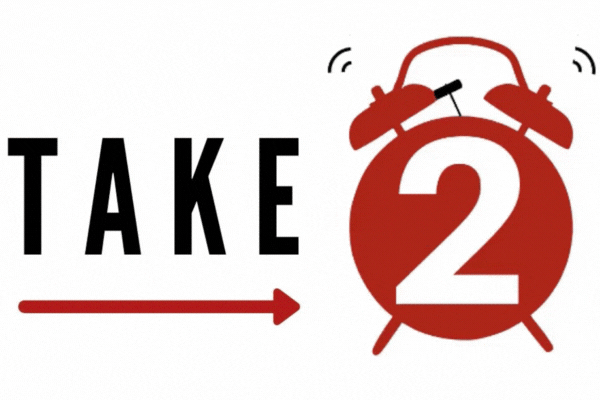Junior Tad Greenwald was exhausted.
His thoughts came jumbled and with increasing agitation. Between sporadic bursts of energy, his eyelids would droop in a fight against the overbearing weight of his exhaustion. The night of minimal sleep had once again began to take its toll on him.
“I’m not fully awake until about third period every day,” Greenwald said. “I am completely unable to focus in the morning, so learning anything in my first two periods is a real challenge.”
The end of the school day would not bring relief. With several AP classes under his belt, Greenwald faced hours of studying and homework before he could allow himself to sleep.
“A few times I have had to work through the night on an AP Art piece and then show up to school the next day,” Greenwald said. “Once at around 6 in the morning, I fell asleep and accidentally slept through the critique which was the whole reason I worked all night.”
Greenwald, who faces regular bouts of sleep deprivation, stands as only a small portion of the growing problem at high schools across the nation. With only 15 percent of students getting the suggested eight and a half hours of sleep at night, sleep deprivation has become a prevalent and growing issue.
“It has a huge effect on our and their functioning and productivity in the classroom,” school nurse Jeannie Hains said. “Without good sleep our brains are not functioning at their best capacity. We’re not as sharp, we’re not processing.”
The problem of sleep deprivation can come from a plethora of sources both internal and external. External causes lean more towards the environment and condition of the individual trying to sleep: temperature of the room, when a person has last eaten, use of electronics, among many others. These conditions feed into internal factors such as worry, anxiety, or being physically ill, to create the overall problem of sleep deprivation.
Psychiatric nurse practitioner Kim Tubbs shared the negative impacts these factors can have on a student’s life.
“In short term, less than five to six hours of sleep, we see memory, metabolism, judgment, and decision making declines,” Tubbs said. “In long term, getting no sleep or less than three hours, we see all the previous as well as the immune system starting to decline and psychotic behaviors beginning to manifest. Sleep deprivation can also lead to depression, daytime drowsiness, anxiety, weight gain, and even psychosis.”
Tubbs said sleep is the driving force behind the body’s most essential functions and crucial to maintaining good health. Without sleep, the body simply can’t function correctly.
“During sleep, multiple things happen in the body,” Tubbs said “This is when muscles repair from all the activities of the day, memory is consolidated, and important hormones are released to regulate appetite and growth. Sleep is very important for brain and body health.”
One of the larger problems with sleep deprivation is the ease in which an individual can fall into the habit of it. It only takes a day for the schedule to begin to set in.
“Our bodies crave schedule because of our internal clock,” Tubbs said. “When this clock is tested, or pushed back too many times, the clock becomes thrown off. It only takes one night to begin to show signs of fatigue, cloudy memory, making mistakes, and poor judgement.”
Sleep problems don’t only stem from a heavy workload; for some it is the easy access of phones and computers that make sleep deprivation a prevalent problem.
“When you have a phone and a computer within arms reach basically all the time, it makes it really tempting to skip out on sleep to use them,” junior Zachary Brown said. “I can’t even count the amount of nights I have spent staying up well past one a.m. just for the sake of texting friends or watching a few episodes of a show.”
When it comes to breaking free of sleep deprivation and ill fitted sleeping habits, both Haines and Tubbs suggest creating a structured schedule for the hours leading up to an individual’s bed time. By creating a rigid routine, the body will grow used to falling asleep at the same time each day.
“Time management is something for every human being to get a good handle,” Haines said. “So setting a cut off time of ‘okay, this is when I’m going to be done and when I’m going to be heading to bed.’ Give yourself a few minutes to have that subtle down time. Read a book or listen to some music. Before you know it, it’ll become a habit, the norm for you.”
Scheduled or not, it is inarguable that sleep is essential to the body. The best way to ensure a happy and healthy high school career, according to Haines, is to remember that after 11 p.m., it’s time to put down the homework, turn off the phone, and just allow one’s self to relax and fall asleep.
“[Staying up] is not worth it,” Haines said. “Brains need sleep to rest and recharge. Just like any organ, when it’s over-used, over-fatigued, or unable to get the rest and repair time it needs it’s not going to work as well. Make yourself a schedule that is workable and that you can keep to. Before you know it, it’ll become the norm for you.”






















